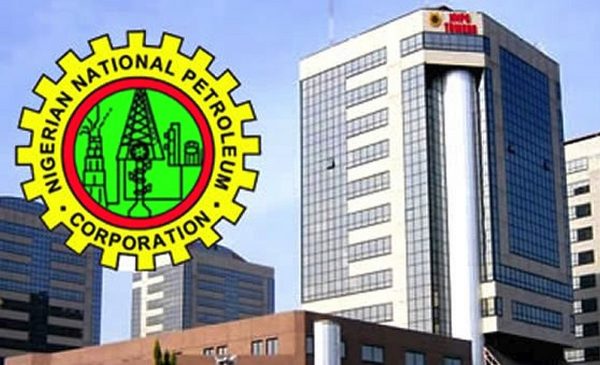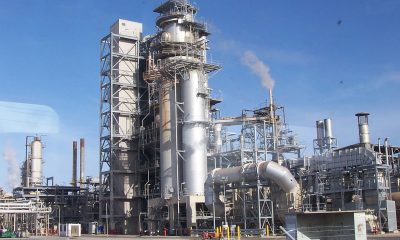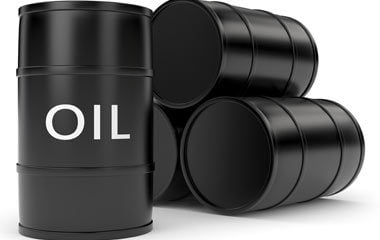Nigeria News
NNPC Under-Remitted Over N70bn To Federation Account – NEITI Says

The Nigerian Extractive Industries Transparency Initiative (NEITI) has berated the Nigerian National Petroleum Corporation (NNPC) over the recurrent occurrence and failure of under-remitting N77.92billion to the Federation Account in 2017.
According to NEITI latest report on Nigeria’s share in the sale of crude oil an gas produced in 2017.
Key findings in the report showed that NNPC deducted N297bn from earnings from the Domestic Crude Allocation as costs and losses.
This was broken down into N141.6bn for under-recovery of petroleum products, N25bn for crude and product losses, N130.4bn for pipeline repairs and maintenance.
It said, “The sum of N77.92bn was under-remitted by NNPC to the Federation Account from Domestic Crude Allocation in 2017.
“NNPC acknowledges the under-remittance and states that there is an ongoing reconciliation to net off the N77.92bn from the ‘established federation indebtedness to the corporation of N797bn arising from KPMG forensic audit of the corporation at the instance of the federation’.”
The report showed that the federation crude went to 29 destinations in 2017.
NEITI noted that the total revenue from the sale of the federation share of oil and gas for 2017 was $14.5bn to $13.18bn or 90.8 per cent from crude oil and $1.32bn 9.1 per cent from gas.
According to NEITI, from the report, the total crude oil production for 2017 was 692 million barrels.
Out of this volume, the share that went to the federation was 240.9 million barrels representing 35 per cent of the total crude oil production for the year 2017.
A trend analysis for the year under review shows that the 2017 federation share was four per cent higher than the 231.6 million barrels in the same category for 2016 but was 19 per cent lower than the 297.8 million barrels for 2015.
The report said that this showed that while there was a slight improvement on the figure for 2016 (a year characterised by vandalism and sabotage of oil facilities), crude production for 2017 was about a fifth less than the 2015 level.












